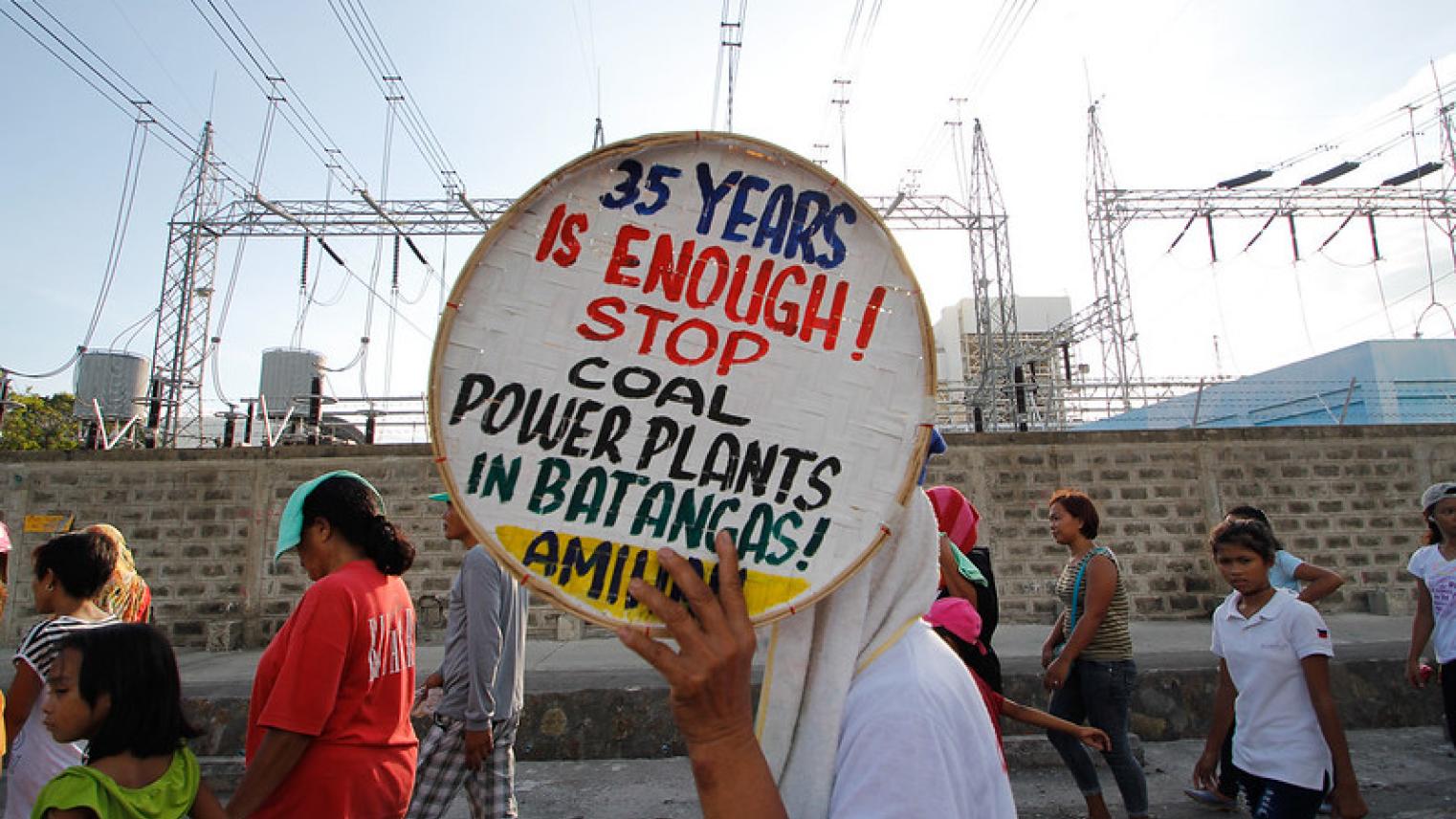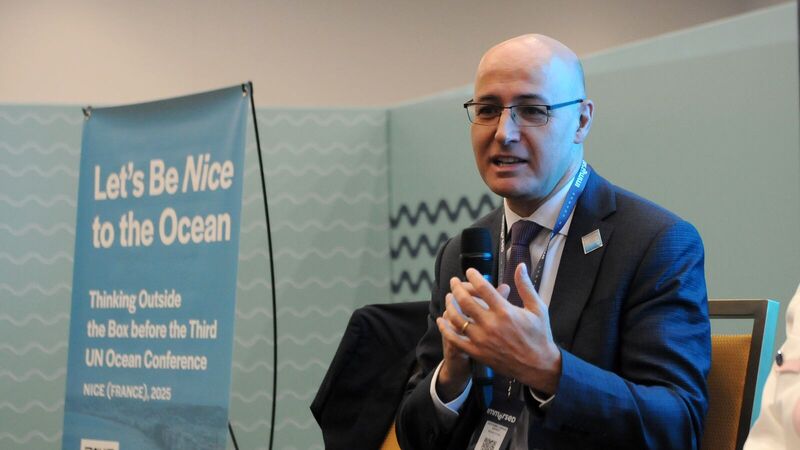Key Impact Points:
- Finance’s Role in Ending Deforestation: Financial institutions must address deforestation in their portfolios to meet net-zero goals and reduce financial risks.
- DEFT Pathway Introduced: The new Deforestation-free Transition Pathway will guide financial institutions in engaging companies on deforestation.
- Global Momentum Builds: International alignment around standards and a shift to mandatory disclosures are accelerating the financial sector’s deforestation-free efforts.
The Issue
Financial institutions are under increasing pressure to eliminate deforestation from their portfolios as part of broader efforts to meet net-zero targets and reduce the financial risks associated with climate change and nature degradation. However, while initiatives like Finance Sector Deforestation Action (FSDA) are making strides, much of the financial sector remains in the early stages of addressing commodity-driven deforestation.
Niki Mardas’ Message
Speaking at Nature4Climate’s Nature Positive Hub during London Climate Action Week in June, Niki Mardas, Executive Director of Global Canopy, emphasized that ending deforestation is critical for climate, nature, and people. He noted that while some financial players are leading the charge, 80% of financial institutions with net-zero goals have yet to take significant action.
“Finance has the lexicons, linkages, and ever more targets and metrics. We need to see serious efforts to codify nature in climate transition plans,” Mardas said.
To support this effort, Mardas introduced a new initiative called DEFT—the Deforestation-free Transition Pathway. DEFT will help financial institutions categorize companies based on their progress toward ending deforestation and provide actionable steps, aligning existing frameworks and metrics into one cohesive strategy.
Collaborating for Change
Ruth Nussbaum, Executive Director of Proforest Global, highlighted the importance of building on the foundations already laid while recognizing the need for sustained, collective effort.
“Change takes time and needs sustained effort. Collaboration is key so we don’t reinvent the wheel or work in silos,” Nussbaum remarked.
Investors Take the Lead
In a panel discussion titled “Demonstrating Leadership on Ending Deforestation,” leaders from major investment firms such as Church Commissioners, Generation Investment Management, and Federated Hermes Limited discussed their progress. Olga Hancock, Head of Responsible Investment at Church Commissioners, shared how FSDA-led engagements are driving tangible results, elevating deforestation as a priority in corporate agendas.
“The companies do want to change, and we are seeing progression,” Hancock stated.
Change the World - Subscribe Now
Challenges and Solutions
While preventing deforestation is crucial, panelists stressed the need to also support positive action in nature restoration. Hans Mehn from Generation Investment Management noted that since COP26, the momentum to act on deforestation has only intensified, with new frameworks like the Global Biodiversity Framework and EU deforestation legislation driving finance’s role forward.
“We have had an important drumbeat since COP26 that will only get stronger,” Mehn observed.
Enabling Finance’s Role
A second panel focused on policy frameworks that can help the financial sector ramp up its deforestation-related efforts. Pei Chi Wong from Global Canopy highlighted that legislation on deforestation is inevitable and that finance must be prepared. James Hulse, a WBCSD consultant, discussed the alignment of disclosure standards, the shift toward mandatory reporting, and the holistic approach to climate and nature risks.
Emily McKenzie, Technical Director at TNFD, echoed these sentiments, emphasizing the rising interest in the Taskforce on Nature-related Financial Disclosures, which already has 320 early adopters as of January 2024.
“We have one planet with nine boundaries, and nature is the overall frame within which climate change is just one boundary,” McKenzie explained.
Taking Action
The event concluded with practical advice for the financial sector. James Hulse urged attendees to “join something” like Finance Sector Deforestation Action or the Forest Finance Risk Consortium. He also recommended accessing tools like Forest IQ to leverage the best actionable data on deforestation.
The launch of Spring, a new initiative by the PRI focusing on forest loss and land degradation, was also announced. Backed by over 200 investors managing $15 trillion, Spring aims to halt nature loss through responsible political engagement and focused stewardship efforts.
Final Thoughts
The session closed with a reflection on the themes of “alignment, drumbeat, challenge, and urgency,” highlighting the need for ongoing collaboration and immediate action in the fight against deforestation.
As Ruth Nussbaum summarized: “It’s tricky, but we have a lot to build on – and there is a real sense of wanting to solve the problem.”
Conclusion
Finance’s role in ending deforestation is not just a moral imperative but a financial necessity. Through initiatives like DEFT and collective action, the industry is beginning to align with the global fight against nature loss. However, the clock is ticking, and financial institutions must accelerate their efforts to protect nature and deliver on their net-zero commitments.
Related Article: Why Investing in Nature-based Solutions Matters Now

 Follow SDG News on LinkedIn
Follow SDG News on LinkedIn











